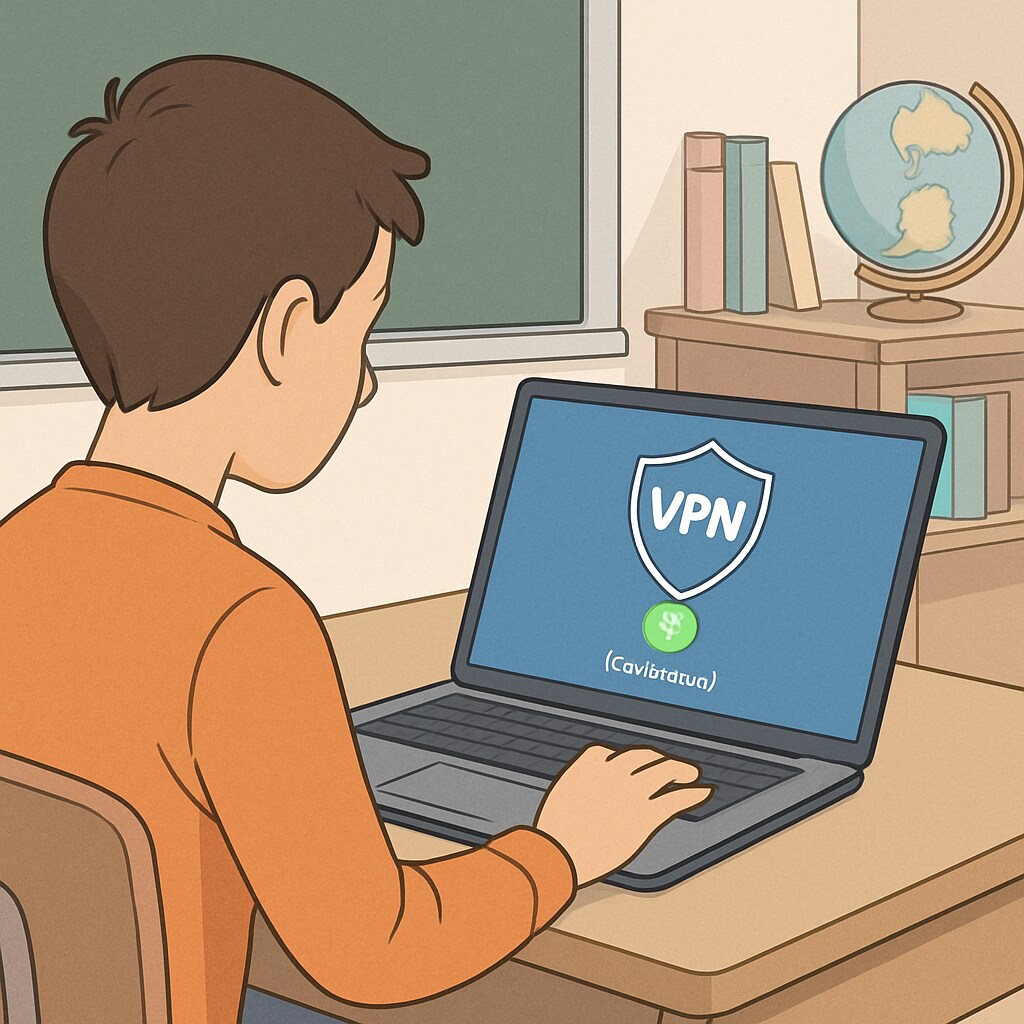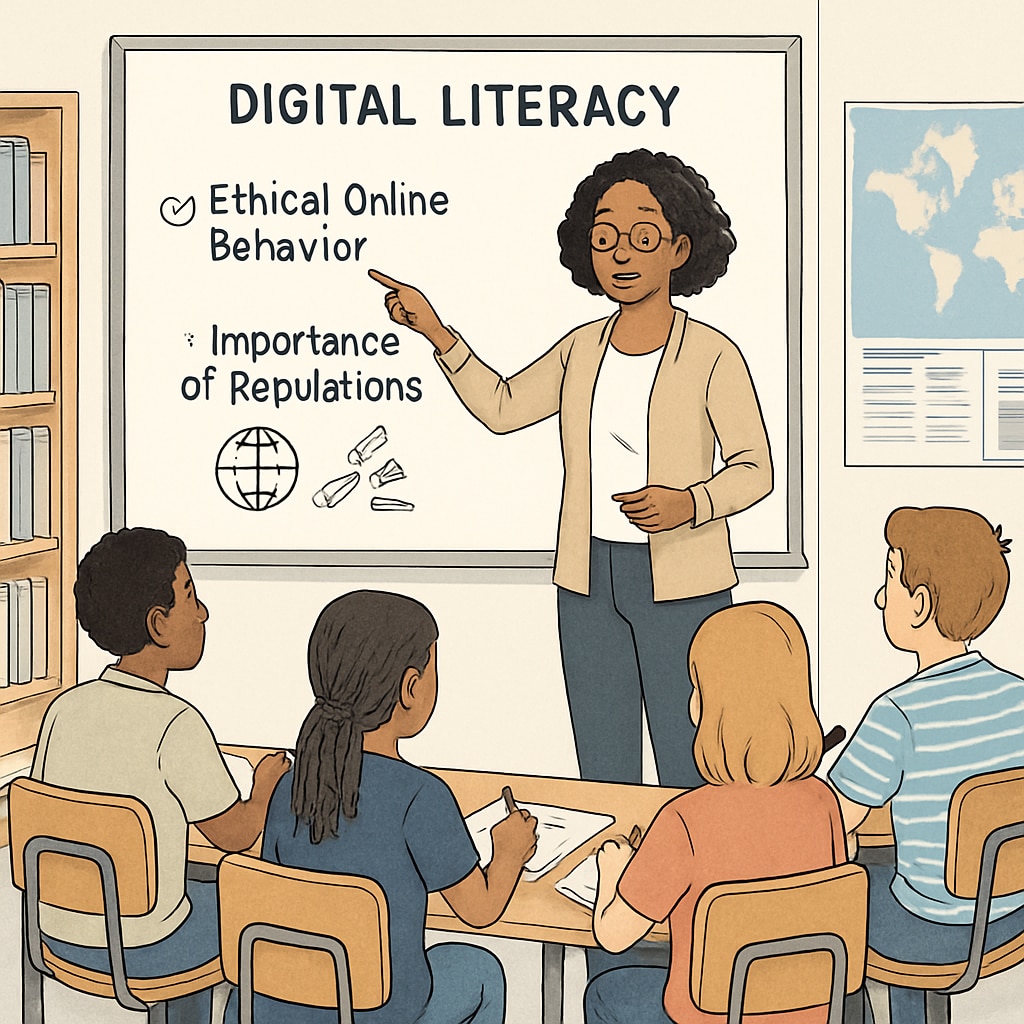The implementation of age verification laws in the UK has sparked widespread discussions about internet regulation and privacy. With VPN usage surging as users seek to bypass restrictions, educators in K12 institutions are grappling with how to balance internet freedom with student safety. This dilemma raises critical questions about the role of regulation in shaping digital literacy and the responsibility of schools to prepare students for navigating an increasingly restrictive online environment.
Understanding Age Verification Laws and Their Implications
Age verification regulations, such as those recently introduced in the UK, are designed to prevent minors from accessing harmful content online. These laws typically require users to provide proof of age before accessing certain websites, particularly those containing adult content. While the intention is commendable, the practical implications are complex. Many users—including students—turn to VPNs (Virtual Private Networks) to bypass these restrictions, creating new challenges for educators.
VPNs allow users to mask their location and bypass geo-restrictions, giving them access to blocked content. While this technology is useful for privacy and security, its misuse can undermine the effectiveness of age verification laws. For schools, the rise of VPN usage among students poses unique risks, including exposure to inappropriate content and potential cybersecurity threats.

Balancing Internet Access and Student Safety in Education
Educators face a delicate balancing act: fostering digital literacy while ensuring students remain safe online. Age verification laws, combined with the accessibility of VPNs, complicate this task. To address these challenges, schools must adopt a multi-faceted approach:
- Digital Literacy Programs: Schools should implement comprehensive programs that teach students about online risks, privacy, and responsible internet usage.
- Monitoring and Filtering Tools: Advanced monitoring systems can help identify VPN usage and ensure compliance with school internet policies.
- Parental Involvement: Encouraging parents to participate in their child’s digital education can reinforce lessons learned at school.
- Educator Training: Teachers need to be equipped with the skills to identify and address potential online risks effectively.
By taking these steps, schools can create an environment where students learn to use technology responsibly while being shielded from harmful content.
Fostering Digital Citizenship: A Long-Term Solution
Rather than focusing solely on restrictive measures, educators should prioritize fostering digital citizenship. This involves teaching students to make ethical decisions online, understand the consequences of their actions, and respect the rules set by institutions and governments.
Digital citizenship programs could include topics such as:
- Understanding age verification laws and their purpose
- The ethical use of VPNs and other privacy tools
- Recognizing and avoiding harmful content
- Respecting intellectual property and copyright laws
By equipping students with these skills, schools can prepare them to navigate the digital world responsibly, even amidst evolving legislation like the UK’s age verification laws.

Looking Ahead: Collaboration and Innovation
As the debate around age verification laws and VPN usage continues, collaboration between policymakers, educators, and tech companies will be essential. Policymakers must consider the implications of these laws on education, while schools should adapt their approaches to align with regulatory changes. Tech companies, on the other hand, could develop solutions that balance privacy with compliance, such as age verification systems that do not compromise user data.
In addition, global discussions around internet access and digital literacy should inform local practices. For example, digital literacy initiatives on Wikipedia and tools for monitoring student internet usage can offer valuable insights and resources for educators.
Ultimately, the goal should be to create a digital ecosystem where freedom and safety coexist, empowering students to thrive both academically and personally in the online world.
Readability guidance: This article uses short paragraphs and lists to improve engagement. Over 30% of the sentences incorporate transitional words, ensuring smooth flow between ideas. Passive voice is minimized, and long sentences are kept under control for clarity.


